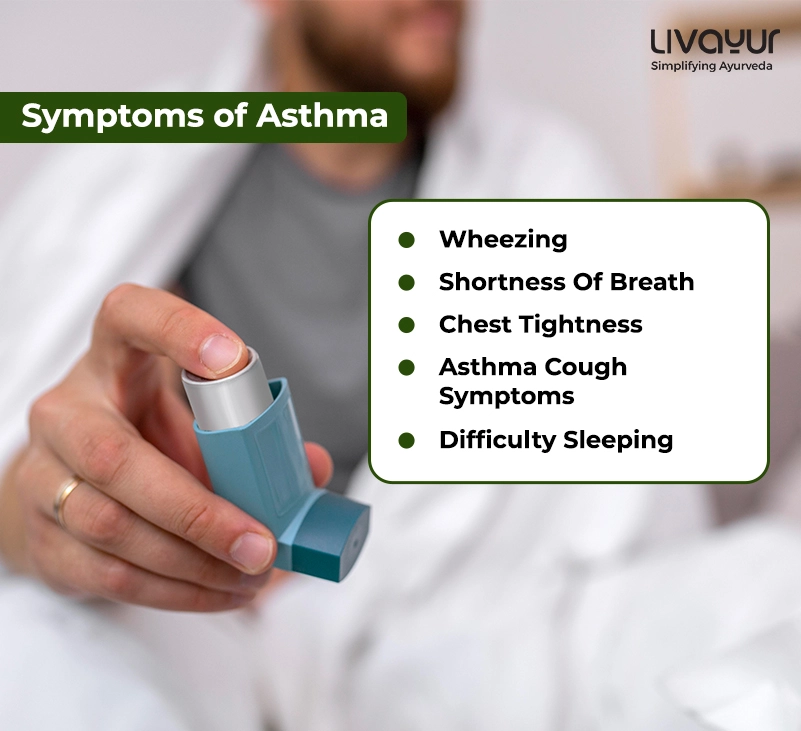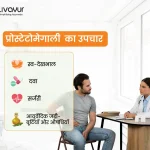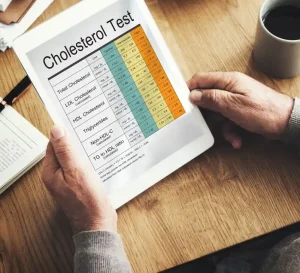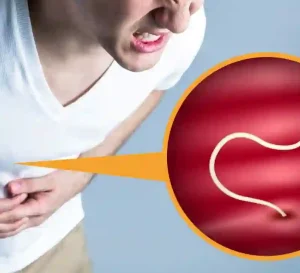
Asthma is a chronic respiratory condition characterized by inflammation and narrowing of the airways, leading to recurrent episodes of wheezing, coughing, shortness of breath, and chest tightness. The exact causes of asthma are not fully understood, but it is believed to result from a combination of genetic and environmental factors. Based on available data, it is estimated that at least 30 million Indians are affected with asthma [1].
Common asthma signs and symptoms
An early diagnosis of asthma can make a significant difference in disease progression and outcomes, as early and appropriate treatment helps manage the condition and lowers the risk of asthma-related morbidities and complications such as impaired lung function [2]. This is especially important for asthma in children, but we’ll first look at asthma signs and symptoms in adults as these are regarded as the main symptoms of the disease [3]:
1. Wheezing
A whistling or squeaky sound when breathing, often during exhalation, is a common symptom of asthma.
2. Shortness Of Breath
You may experience a feeling of breathlessness as if you cannot get enough air into your lungs. This symptom of asthma may manifest in the form of gasping.
3. Chest Tightness
A sensation of pressure or constriction in the chest is one of the most common allergic asthma symptoms. It may feel like something is squeezing or weighing down on your chest.
4. Asthma Cough Symptoms
Persistent or recurrent coughing, especially at night or early in the morning, can be one of the asthma signs and symptoms. This cough may worsen with physical activity or exposure to triggers.
5. Difficulty Sleeping
Asthma symptoms often worsen at night, causing sleep disturbances. You may experience coughing, wheezing, or shortness of breath that disrupts your sleep.
6. Coughing Or Wheezing After Exercise
Physical exertion can trigger asthma symptoms in some individuals. If you frequently experience coughing or wheezing after exercising, it could be a sign of exercise-induced asthma.
7. Allergy Symptoms
Asthma can be triggered by allergies. If you notice that your symptoms worsen when exposed to certain allergens such as pollen, dust mites, or pet dander, it may indicate asthma. Such symptoms triggered by allergens are called allergic asthma symptoms.
Diagnosing asthma in children
Recognizing asthma symptoms is a little more challenging with children but any of the following symptoms or pattern of symptoms could be indicative of juvenile asthma [4].
- Frequent incidents of coughing, breathing difficulties, or chest tightness
- Increased presence of symptoms at night, resulting in impaired sleep
- Asthma attack symptoms appear to be triggered by upper respiratory tract infections or exercise and from exposure to allergens such as pollen, pet dander, dust mold, aerosols, and smoke.
If you suspect that your child may have asthma, talk to your pediatrician or an Ayurvedic specialist about getting a complete medical history and physical exam to make a more accurate diagnosis. For children above the age of five, pre- and post-bronchodilator spirometry which is also used in adults, is the most effective diagnostic tool to confirm an asthma diagnosis [5].
Living with asthma

The Ayurvedic perspective of asthma is not very different from conventional medicine as it also recognizes the presence of different types of asthma, which can be either acute or chronic. Ayurvedic texts also identify the same risk factors and risk avoidance as critical to controlling asthma. The difference is that Ayurveda offers insight into the role of natural energy forces or Doshas as their balance has a direct impact on disease development and progression.
Aggravation and accumulation of Kapha Dosha is regarded as the underlying cause, as this spreads and obstructs Vata, which in turn adversely affects the flow of prana or life breath. Ayurvedic treatment therefore addresses symptoms but also seeks to restore the proper dosha balance and improve lung function with the help of herbal medications and therapies like Panchakarma.
Ayurvedic treatments for asthma
1. Ayurvedic Medicine
Ayurvedic medications for asthma or bronchitis that contain ingredients such as Haridra, Sunthi, Tulsi, and Yashtimadhu are effective at providing relief from asthma. Studies show that these ingredients can reduce airway inflammation and spasms of the smooth airway muscles because of their anti-inflammatory, anti-allergic, and adaptogenic properties. [6] [7] [8]
2. Yoga
Exercise is important for all of us including anyone with asthma, but intense exercise can often trigger asthma attacks. However, mild or low-intensity yoga practices that are recommended in Ayurveda are proven to reduce the frequency and severity of asthma attacks. [9]
3. Pranayama
Pranayamas are among the most important of all therapies for asthma patients as they can enhance lung function, lowering the risk and severity of asthma attacks. Research shows that pranayamas are an effective form of therapy for asthma, not only benefiting respiratory function but also reducing anxiety and stress, which can trigger attacks. [10]
When to seek medical help? [11]
Certain red flags indicate an emergency for asthma patients. Here are the signs and symptoms which will tell you that you must seek immediate medical help
1. Blue lips and fingernails
If the patient’s lips and fingernails turn blue it is an indication that the patient’s red blood cells and body tissues are not receiving enough oxygen. The condition is called hypoxia. Hypoxia results in carbon dioxide retention. In such a situation, the patient needs to be rushed to the hospital.
2. Exhaustion
Exhaustion results from the fatigue of neck and chest muscles. Exhaustion is a sign of forthcoming respiratory failure.
3. Difficulty in talking
If the patient finds it difficult to talk, it shows that the patient’s entire effort is focused on the act of breathing.
4. Higher respiratory rate
If the respiratory rate is greater than 30 breaths per minute in adults and is greater than 40 breaths per minute in children between one to five years of age, that indicates an emergency.
5. Silent chest
This is an alarming situation in which you will hear no breath sounds. This is a sign of respiratory failure which shows that very little or no air is being exchanged.
FAQs
1. Is asthma a serious illness?
Yes, asthma can be quite serious and life-threatening. If you notice that your symptoms are worsening you must immediately seek medical help.
2. Can I live with asthma?
Asthma is a chronic health issue and cannot be cured. So, the disease will be with you as long as you live. But the good thing is that with certain measures you can control your issue and still lead a healthy life.
3. Can I exercise if I have asthma?
Yes, you can. Light exercises like brisk walking, hiking, and recreational biking and even swimming are good for people with asthma.
4. Are essential oils good for asthma?
Essential oils may be used as a complementary treatment procedure for all kinds of respiratory diseases including asthma. However, it is crucial to consult your healthcare provider before using any of the essential oils.
5. What is the difference between asthma and COPD?
In the case of asthma, the swelling is triggered by an allergic reaction that occurs in response to something like mold or pollen. But when it comes to COPD, it occurs when the tiny sacs or alveoli in your lungs get damaged. Lung diseases like bronchitis and emphysema belong to the category of COPD.
Conclusion
While the asthma signs and symptoms may be fairly easy to recognize, it’s important to seek help as poorly controlled asthma increases the risk not just of asthma attacks, but also asthma complications. Talk to an Ayurvedic doctor about appropriate treatments based on your experience of asthma and Dosha balance.
Disclaimer
This article has been written from a health and wellness perspective and this is not a substitute for medical advice.
References:
- Prevalence and risk factors for self-reported asthma in an adult Indian population: a cross-sectional survey
- Early Identification of Childhood Asthma: The Role of Informatics in an Era of Electronic Health Records
- Asthma symptoms
- Asthma
- Pediatric Asthma
- Evaluation of Efficacy of Curcumin as an Add-on therapy in Patients of Bronchial Asthma
- Effects of Ginger and Its Constituents on Airway Smooth Muscle Relaxation and Calcium Regulation
- In Vitro and In Vivo Antiallergic Effects of Glycyrrhiza glabra and Its Components
- Clinical Effects of Yoga on Asthmatic Patients: A Preliminary Clinical Trial
- The effect of various breathing exercises (pranayama) in patients with bronchial asthma of mild to moderate severity
- Diagnosis and Management of Asthma






















